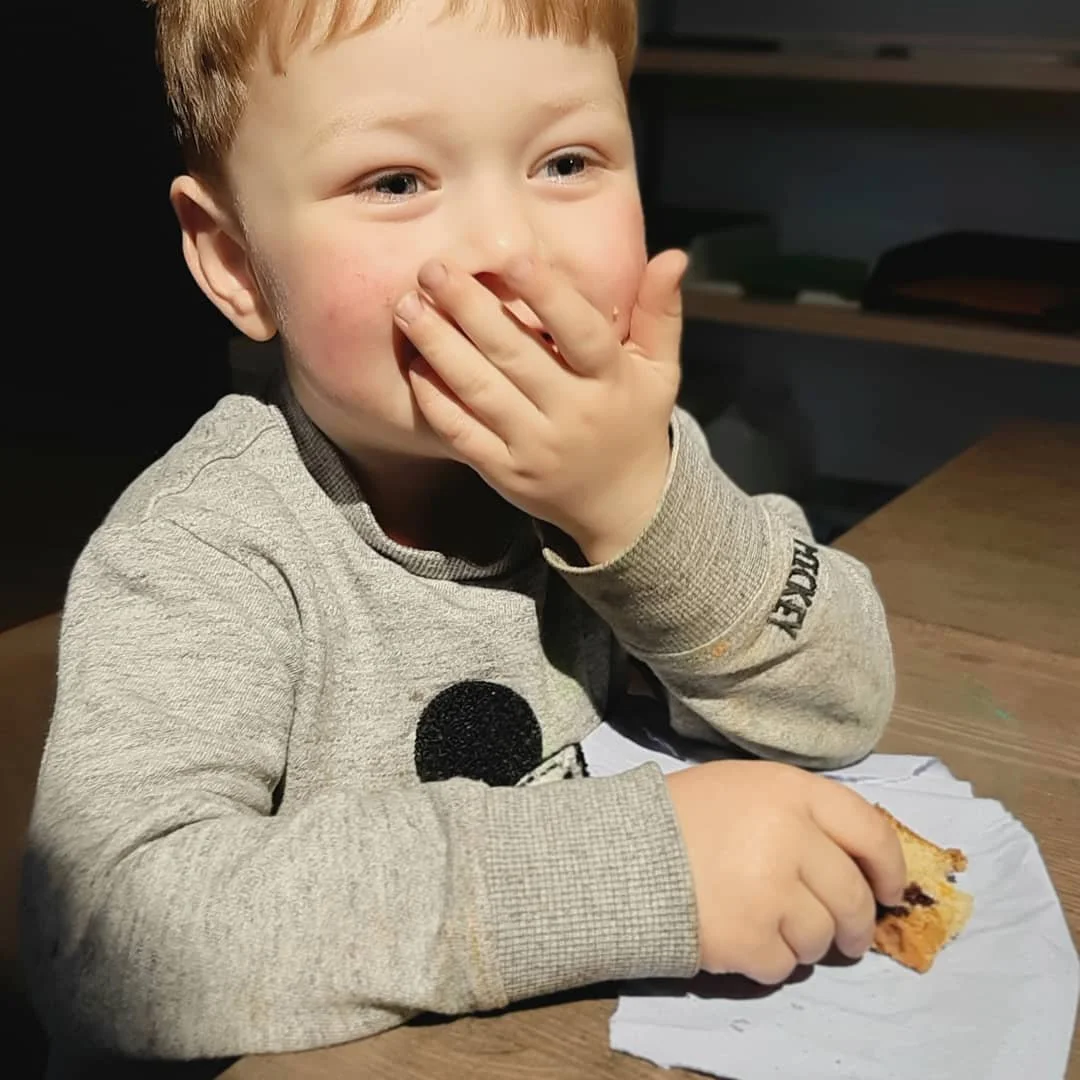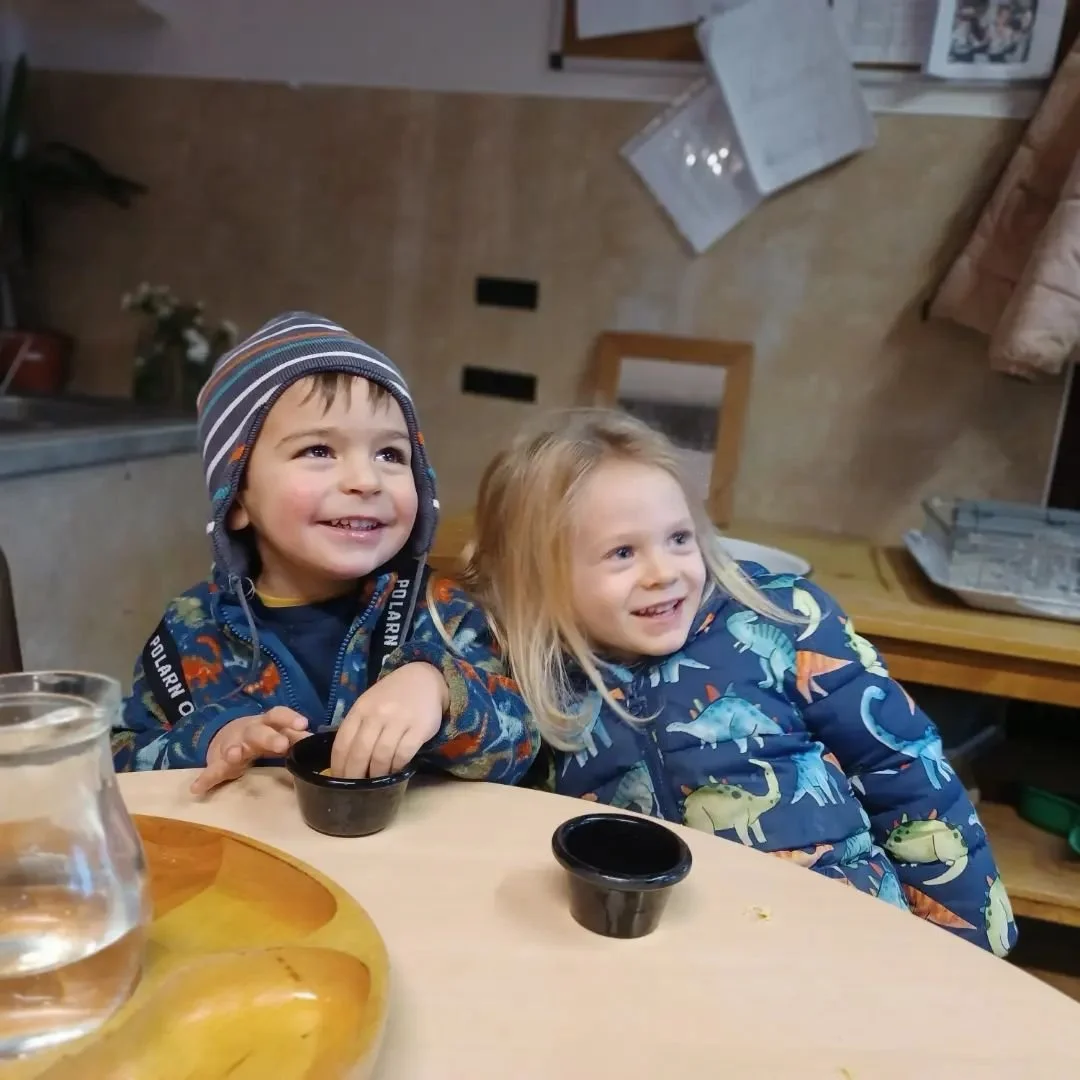Young children are known for their big feelings. It is an age when their brains have not yet fully matured, and they do not yet have the ability to manage their emotions or have full self-control.
Children tend to love planting, tending to and harvesting in the garden. They love the contact with nature, the responsibility of helping something to grow, and it can also be a great way of helping them to feel connected to the food we eat. For some children it can even encourage them to try new foods.
Parenting can take a whole new turn when children start to socialise or when a sibling arrives.
January is often a time when we try to create space to reflect on different aspects of our lives, and parenting is no exception to this. This blog will explore the role of routine and rhythm in family life.
The holiday season can present challenges for many children and families. While this is, for many, a magical time of year, for some it can be overwhelming and challenging.
Saying “no” to a child is often a significant trigger for upset, meltdowns and arguments. Does it have to be this way or are there strategies we can use to make things a little easier for everyone?
One of the things parents often worry about is how their child will manage at school. We all want to do the best we can to support them. It might surprise you to know that supporting early writing skills often has very little to do with holding a pencil!
‘Behaviour’ is one of those words that often gets thrown around in relation to children. But, what do we mean by it, and how can we support young children with it?
This time of year often brings a sense of change for us all. If we have children in our lives it is a time for the new term, or perhaps even transitioning into school for the first time. The change in seasons is a reminder too of a transition and a move into the cooler months of autumn.
Parenting undoubtedly brings a mixture of emotions and thoughts, from total joy to fear and worry, and everything in between. One of the things we can default to when we feel out of control, worried or like we are not getting things right is to put more and more pressure on ourselves and the situation we find ourselves in.
Sharing is one of those parenting hot topics. Most parents at one moment or another have felt the pressure of feeling their child should be able to share. It seems to have been written into parenting folklore: if your child can share, you are a good parent and they will turn out to be a good person. But is it this straightforward?
When children start to be able to use language they are opened up to a whole new world. Whether they use one language or three, whether they are speaking or using sign language, being able to express themselves and understand other people’s thoughts is a significant developmental step.
We often read about the benefits of time in the natural world, and many of us experience it first hand when we feel the difference it makes to our sense of well-being to spend time in nature.
Most parents find at one moment or another it is tricky to get their child to listen. As frustrating as it can be, it isn’t unusual, and is very common in early childhood. Here are some ideas for how to help young children develop their listening skills…
We all know children love to play, and we know that play is important for their development. But why is play such a crucial ingredient to the childhood experience? And how do we offer children opportunities for play that support their development? Read on to find out more about how you can support your child’s play at home.
The most powerful teaching tool we have as parents and teachers is role modelling. When we show children what listening really means, they are far more likely to become the good listeners we are hoping they will be. They will learn from us because they want to be like us.
Children are curious. They are filled with wonder, enthusiasm, and many, many questions. Most of the time, as adults, we love this quality. But, there are those times when children’s questions stray into territory that we feel less comfortable with.




















